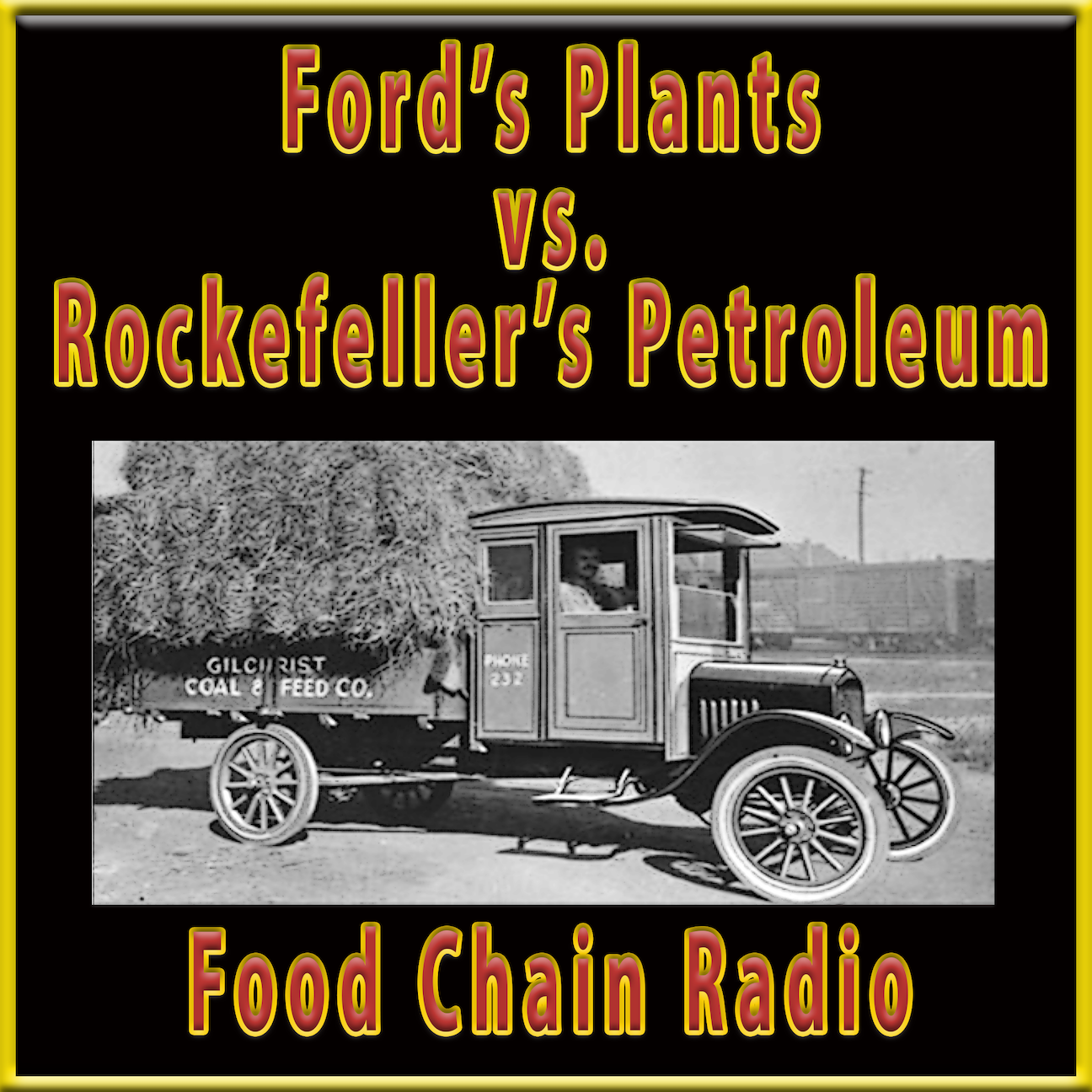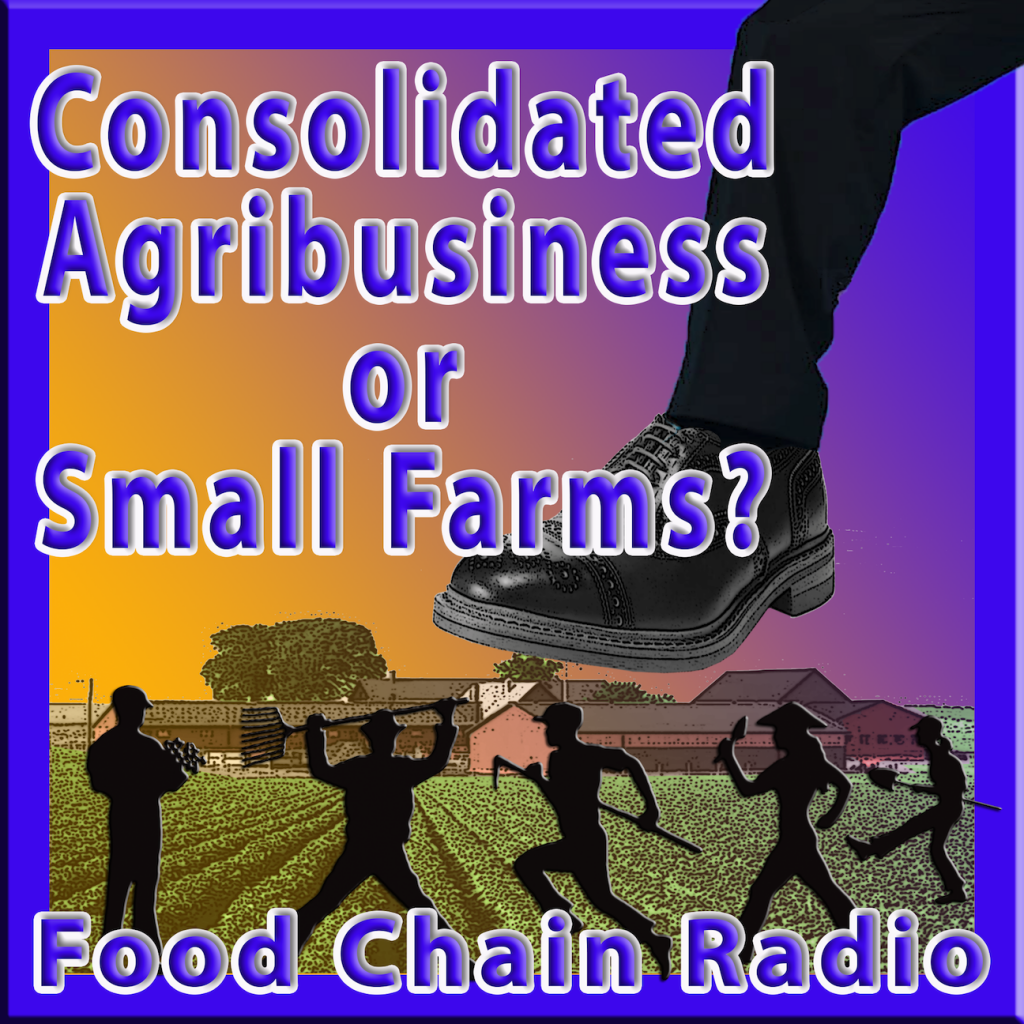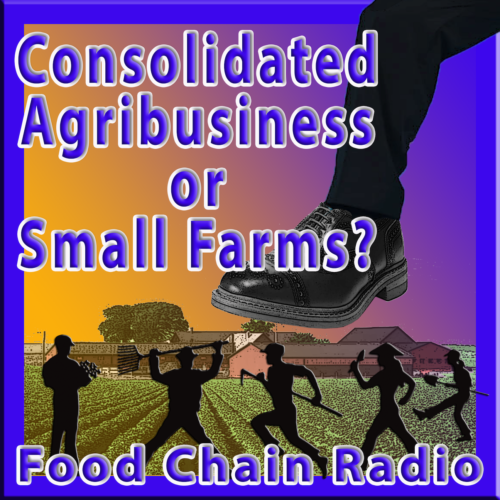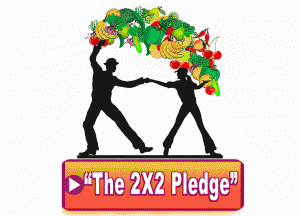Energy from Greenhouse Gas
November 19, 2020
Ethanol or Petroleum
December 11, 2020Food Chain Radio Show #1255
Michael Olson, Author & Urban Farming Agriculturalist
Consolidation of the Food Chain
Guest: Emily Miller Policy & Research Manager Family Farm Action Alliance
Let’s begin with a pandemic story out of New Mexico: Like many rural areas in the United States, the consolidation of grocers has left many small New Mexico towns with but one or two grocery stores.

In reacting to a recent spike in the number of Covid-19 cases, New Mexico Governor Michelle Grisham ordered a shutdown of non-essential businesses, and severe restrictions on those business she deemed essential. One of the restrictions placed on essential retailers, like grocers, was that no store, regardless of size, could take in than 75 people.
As a consequence of this restriction, and the food buying panic it engendered, New Mexicans were forced to stand in line for 2 to 4 hours just to buy their groceries.
Now let’s turn to another Covid-19 story, this one in the nation’s meat supply. Consolidation in the meat packing industry has left four corporations in control of 54% of all chicken, 67% of all pork, and 73% of all beef in the United States.
When Covid struck the meat packing industry, and workers stayed home, the packers had to close down upwards of 25% of their processing lines. This shutdown not only reduced the supply of meat to consumers, but it also left farmers with animals they could not afford to feed. As a consequence, people went without meat and hundreds of thousands of farm animals were euthanized.
These stories, and many others like them, lead us to ask…
Leave a comment below: Which provides for the greatest security: many small farms or a few big farms?



